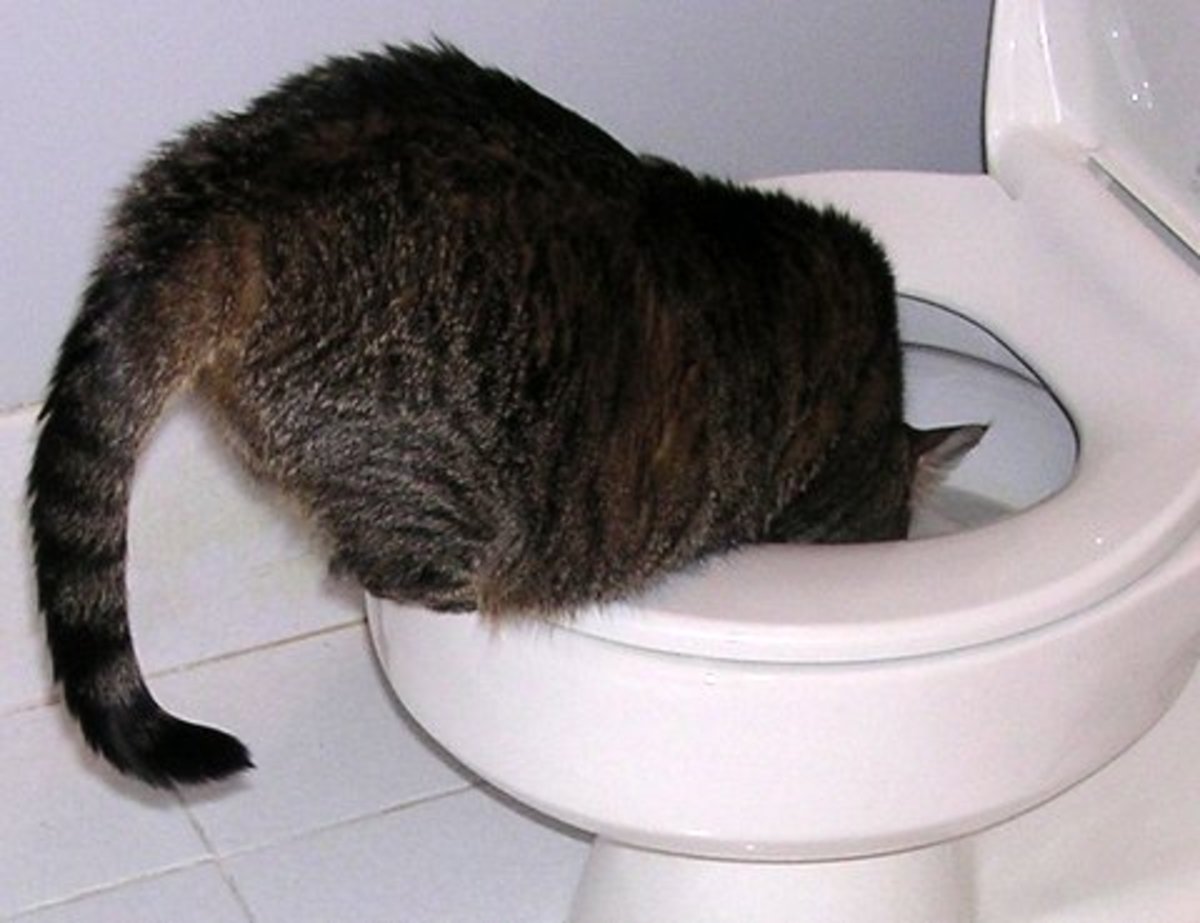What are your beliefs about Don’t flush cat feces down the toilet?

Introduction
As pet cat proprietors, it's necessary to bear in mind just how we dispose of our feline friends' waste. While it might appear practical to flush cat poop down the commode, this method can have damaging effects for both the environment and human wellness.
Alternatives to Flushing
Fortunately, there are safer and more responsible means to throw away cat poop. Take into consideration the complying with choices:
1. Scoop and Dispose in Trash
The most usual technique of disposing of pet cat poop is to scoop it into a biodegradable bag and toss it in the trash. Make sure to make use of a devoted litter inside story and deal with the waste without delay.
2. Usage Biodegradable Litter
Choose eco-friendly cat litter made from products such as corn or wheat. These clutters are environmentally friendly and can be securely gotten rid of in the garbage.
3. Hide in the Yard
If you have a yard, think about hiding cat waste in a marked location far from vegetable gardens and water resources. Be sure to dig deep enough to avoid contamination of groundwater.
4. Mount a Pet Waste Disposal System
Invest in a pet waste disposal system especially designed for pet cat waste. These systems make use of enzymes to break down the waste, decreasing smell and ecological impact.
Health Risks
In addition to environmental problems, purging feline waste can additionally posture health dangers to people. Cat feces may include Toxoplasma gondii, a bloodsucker that can create toxoplasmosis-- a potentially severe disease, especially for expectant ladies and people with damaged body immune systems.
Ecological Impact
Purging pet cat poop presents hazardous microorganisms and parasites into the water system, posturing a significant risk to water environments. These impurities can adversely influence aquatic life and concession water top quality.
Verdict
Liable pet dog possession extends beyond providing food and shelter-- it also involves correct waste management. By avoiding purging feline poop down the bathroom and selecting alternate disposal techniques, we can lessen our ecological footprint and safeguard human health.
Why Can’t I Flush Cat Poop?
It Spreads a Parasite
Cats are frequently infected with a parasite called toxoplasma gondii. The parasite causes an infection called toxoplasmosis. It is usually harmless to cats. The parasite only uses cat poop as a host for its eggs. Otherwise, the cat’s immune system usually keeps the infection at low enough levels to maintain its own health. But it does not stop the develop of eggs. These eggs are tiny and surprisingly tough. They may survive for a year before they begin to grow. But that’s the problem.
Our wastewater system is not designed to deal with toxoplasmosis eggs. Instead, most eggs will flush from your toilet into sewers and wastewater management plants. After the sewage is treated for many other harmful things in it, it is typically released into local rivers, lakes, or oceans. Here, the toxoplasmosis eggs can find new hosts, including starfish, crabs, otters, and many other wildlife. For many, this is a significant risk to their health. Toxoplasmosis can also end up infecting water sources that are important for agriculture, which means our deer, pigs, and sheep can get infected too.
Is There Risk to Humans?
There can be a risk to human life from flushing cat poop down the toilet. If you do so, the parasites from your cat’s poop can end up in shellfish, game animals, or livestock. If this meat is then served raw or undercooked, the people who eat it can get sick.
In fact, according to the CDC, 40 million people in the United States are infected with toxoplasma gondii. They get it from exposure to infected seafood, or from some kind of cat poop contamination, like drinking from a stream that is contaminated or touching anything that has come into contact with cat poop. That includes just cleaning a cat litter box.
Most people who get infected with these parasites will not develop any symptoms. However, for pregnant women or for those with compromised immune systems, the parasite can cause severe health problems.
How to Handle Cat Poop
The best way to handle cat poop is actually to clean the box more often. The eggs that the parasite sheds will not become active until one to five days after the cat poops. That means that if you clean daily, you’re much less likely to come into direct contact with infectious eggs.
That said, always dispose of cat poop in the garbage and not down the toilet. Wash your hands before and after you clean the litter box, and bring the bag of poop right outside to your garbage bins.
https://trenchlesssolutionsusa.com/why-cant-i-flush-cat-poop/

Hopefully you enjoyed reading our article on Don’t flush cat feces down the toilet. Thank you so much for spending some time to read through our piece of content. Enjoyed our blog posting? Please share it. Help another person check it out. Thank you for your time spent reading it.
Quote